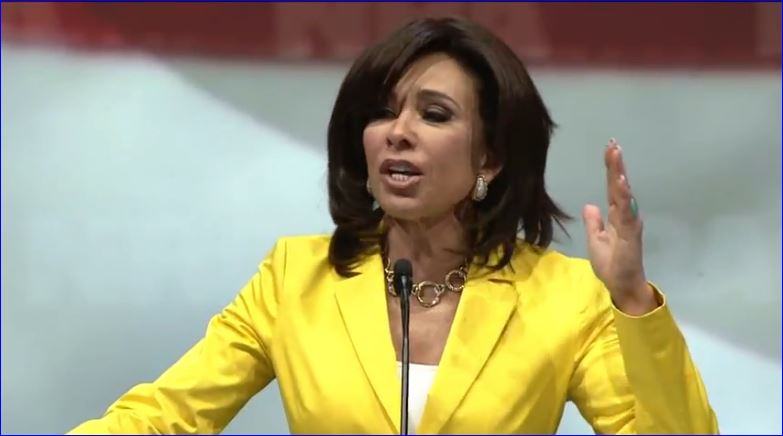
- Iran offers temporary uranium enrichment restrictions in exchange for sanctions relief, but the U.S. responds with new sanctions targeting Tehran’s nuclear activities.
- Indirect U.S.-Iran talks mediated by Oman show no breakthrough, with both sides holding firm on their demands.
- Iran’s Deputy Foreign Minister states restrictions would be conditional on reciprocal U.S. actions, framing them as "assurance-building measures."
- The U.S. sanctions Iranian individuals and entities tied to nuclear research, accusing Iran of advancing weapons-capable enrichment.
- Iran’s president insists the nuclear program is peaceful and rejects dismantling it, calling it a matter of national sovereignty.
Iran’s conditional offer
Iranian Deputy Foreign Minister Majid Takht-Ravanchi stated that Tehran is open to accepting temporary restrictions on uranium enrichment as part of "assurance-building measures." “We have not yet gone into details about the level and extent of enrichment; as a framework, we have announced that for a limited period, we can accept a series of restrictions related to the level and capacity of enrichment and such issues in the nuclear field as assurance-building measures,” Ravanchi told Tasnim News Agency at the Tehran International Book Fair. He emphasized that Iran’s actions would not be unilateral but contingent on reciprocal measures from the U.S. and its allies. “Therefore, our actions are not steps taken unilaterally, but rather as part of assurance-building measures that Iran can put forward to say that our nuclear program is entirely peaceful,” Ravanchi said. “In return, measures must be taken by others to lift the sanctions.” The proposal underscores Iran’s balancing act — seeking economic relief while maintaining its nuclear infrastructure as a matter of national pride.US responds with sanctions
Despite ongoing negotiations, the U.S. has continued to tighten sanctions, targeting individuals and entities linked to Iran’s nuclear research. On May 12, the U.S. Treasury Department’s Office of Foreign Assets Control (OFAC) sanctioned Iranian nationals Mohammad Reza Seddiqi Sabir and Ahmad Haghhat Talab, as well as the Pouya Tarh Pars Engineering Company. “All individuals sanctioned are involved in activities that materially contribute to, or pose a risk of materially contributing to, the proliferation of weapons of mass destruction,” U.S. Secretary of State Marco Rubio said in a statement. The sanctions also extend to Iran’s Organization of Defensive Innovation and Research (SPND), which the U.S. claims is a successor to Iran’s pre-2004 nuclear weapons program. “Iran continues to substantially expand its nuclear program and carry out dual-use research and development activities applicable to nuclear weapons and nuclear weapons delivery systems,” Rubio added. “Iran is the only country in the world without nuclear weapons that is producing uranium enriched to 60 percent.”Iran’s defiant stance
Iranian President Masoud Pezeshkian has rejected U.S. demands to dismantle the country’s nuclear infrastructure, framing the issue as a matter of national sovereignty. “Iran will not relinquish its peaceful nuclear rights,” Pezeshkian told a cabinet meeting on Sunday, according to Mehr News Agency. “The Islamic Republic does not seek unrest in the region by any means. We can assure you that the Islamic Republic of Iran has never sought, is not seeking, nor will seek nuclear weapons.” Despite these assurances, Western intelligence agencies and watchdog groups remain deeply concerned. The latest round of talks in Oman ended without a breakthrough, with both sides acknowledging the deep divisions that remain. “The talks were useful,” Iranian Foreign Ministry spokesperson Esmaeil Baghaei told local media. However, he criticized the U.S. for imposing new sanctions, calling the move “completely incompatible with the process of negotiations.” With neither side willing to fully back down, the prospects for a renewed nuclear deal remain uncertain. Iran’s offer of temporary enrichment limits may be a tactical move to ease economic pressure, but Washington appears unmoved without concrete concessions. For now, the diplomatic dance continues. Can both sides find a way to step back from the brink, or will the cycle of sanctions and defiance lead to an even more dangerous confrontation? Sources for this article include: TheCradle.co State.gov Reuters.com NDTV.comTrump urges House Speaker Johnson to raise taxes on wealthiest Americans
By Laura Harris // Share
Trump taps Fox News’ Judge Jeanine Pirro as interim U.S. attorney for D.C.
By Laura Harris // Share
Reduced Russian drone strike sets the stage for Istanbul’s critical peace talks
By Willow Tohi // Share
U.S.-China trade talks signal potential policy shift
By Belle Carter // Share
DOJ targets controversial “Proximal Origin” study in push for scientific transparency
By Willow Tohi // Share
Trump urges House Speaker Johnson to raise taxes on wealthiest Americans
By lauraharris // Share
Trump taps Fox News' Judge Jeanine Pirro as interim U.S. attorney for D.C.
By lauraharris // Share
Iran offers temporary uranium enrichment limits as U.S. imposes new sanctions
By isabelle // Share
Reduced Russian drone strike sets the stage for Istanbul’s critical peace talks
By willowt // Share
Breakthrough study links mRNA vaccines to irreversible female fertility loss
By willowt // Share







